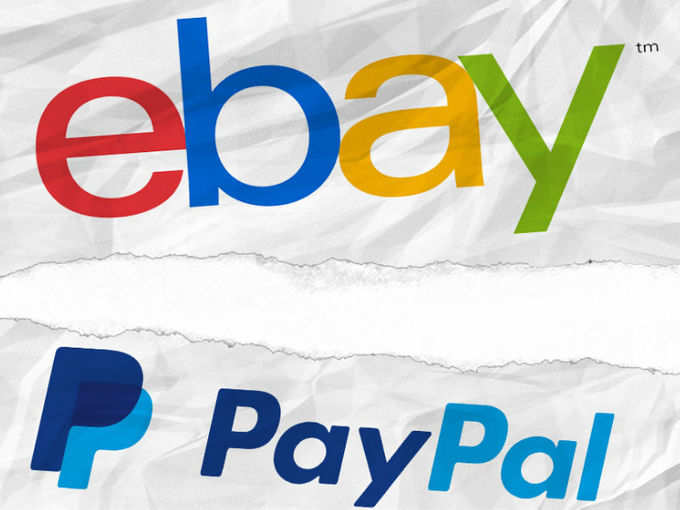 The recent decision of
The recent decision of An immediate trigger for the split between the main online auction business and the electronic payments arm was the year-long campaign run by activist shareholder
So far, eBay and PayPal have been sustaining a marriage of divergences—both are different businesses, operating in different markets, each with its own strategic priorities. PayPal’s revenues have been rising at twice the rate of eBay’s (while PayPal has been clocking growth of around 20%, eBay has been growing at 10% annually). In addition, PayPal is operating in a more dynamic and rapidly changing marketplace, facing tougher competition. A section of analysts has been arguing that separating the two segments will help each focus on its core strength, push strategic priorities and enhance growth.
The spinning off will also help PayPal get better valuation. PayPal was valued just $1.5 billion when eBay acquired the electronic payments arm in 2001. PayPal’s steady growth over the last decade has already enhanced that valuation to around $50 billion. A section of investors, including Icahn, argues that eBay’s market cap of $69 billion is not sufficiently reflecting PayPal’s valuation, especially since the online auction site still accounts for more than half of the group’s revenues, and that the split will encourage investors to appreciate the value of each segment separately and unlock value.
Rapidly changing operating ambience and increasing competition is another reason that forced the company’s board and its boss Donahoe to suddenly change their perspective. Square, the payment platform launched by Twitter founder
The split will also make PayPal an attractive acquisition target—it would make good business sense for big players like Google and Apple to snap up PayPal to augment their consolidation efforts and boost market positioning.
From a macro perspective, the move points to increasing technology penetration aided by the growing use of smartphones and the shift from online payments on PCs and laptops to handsets which will have major implications for transacting business for the litany of emerging
The split will also help PayPal—which had to temporarily withhold some of its payment offering for Indian customers following RBI and regulatory intervention in the past—tweak its offerings to make them more tailor-made for Indian customers and in tandem with diversions in the regulatory ambience in the country. Also, if PayPal decides to scale up or cut down its back-office operations in India following the split, its employee base in the country is going to be shaken.
Image: www.doba.com
